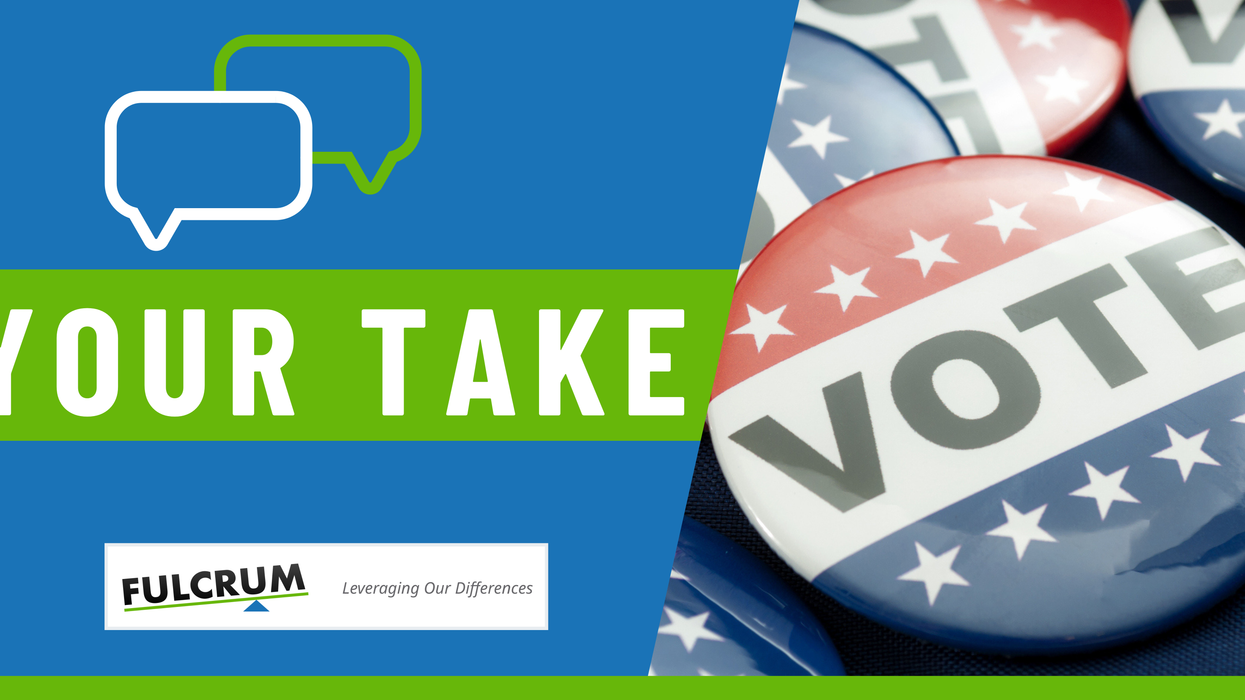Earlier this week we asked the following questions of our Bridge Alliance, Coffee Party and Fulcrum communities regarding the complicated primary elections system:
- Do you vote in the primary? Why or why not?
- Do presidential primaries in particular properly reflect the voice of the American people?
At this juncture, the American elections system is under a microscope; with many voters anticipating the significance of the upcoming presidential election, the effectiveness of our system in how it represents We the People is of utmost importance. There have been other major elections. There have been many other points of contention. But what is unique about our current political predicament is the level of polarization that has bloomed underneath the overall political landscape. Thus, the effectiveness of electoral processes, like primary elections, is often strained through this lens.
As your thoughts indicate, the value of primary elections can be a mixed bag. Factors such as party affiliation and the type of primary often color the perceived level of representation that these electoral vehicles offer. What is most interesting about this though is the quantity of voters who participate. While many are critical of the widespread use of primary elections, especially closed primaries, they continue to participate as to avoid having their voices “left out”. But, isn’t the reason we vote centered around our desire to wholly contribute our perspectives to the turning wheels of democracy? If our individual perspectives are watered down for the pure purposes of participating, then we lose the genuine ability to be represented earnestly. While the upcoming presidential primaries are likely to come and go, with millions across the country participating, we may still be leaving much to be desired from the elections process. In any case, a hat in the ring is worth much more than a white flag on the ground.
Here is a sampling of your thoughts. Responses have been edited for length and clarity:
Yes, I vote in the primary. But, the reason is because that is the only option we really have today. There are huge problems with presidential primaries. - Jerry Henige
I always vote in primaries because I care about who gets nominated to reflect my party’s positions. Regardless, they’re only partly representative of the American people because turnout is notoriously low overall. - Gerry Langeler
I’ve always wondered whether these primaries are genuinely reflective of the American voice and have been leaning towards ranked voting as a better way in my opinion. - Nancy Boyd
I don’t vote in the primaries because I am an unaffiliated voter and the primaries are closed in New Jersey. So not it is not representative when millions of people cannot participate. - Steve Barratt
Primaries don’t reflect the voice of the American people but that isn’t the point. The point of primaries is to reflect the voice of party aficionados. - Steve Yaffe
I always vote in the primaries because without a vote, there is no choice, and subsequently no voice. But whether they represent America’s voice is a hard issue. Do most voters vote based on studying the issues? No. Do candidates lie about their stances and plans? Yes, So it’s hard to say the voice of the people is reflected in any of it at times. - Fredrick R. O'Keefe
I don’t vote in the presidential primaries because they’re closed in Pennsylvania. I am not registered with any party. The Republican and Democratic parties should open the presidential primaries to all voters (in order to represent more voices). - D.D.
I vote in the primaries sometimes, and would if I could. I live in Oregon. I register as a Democrat but am not committed to that affiliation. I simply provide the closest positions I support. - Jed
Yes, I vote in the primaries quite often, but just against the person I least want. - David Hudelson




















Trump & Hegseth gave Mark Kelly a huge 2028 gift